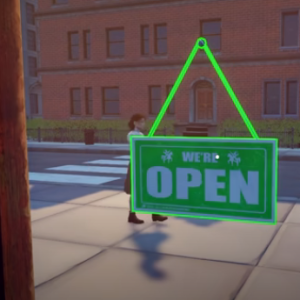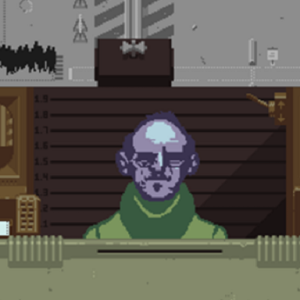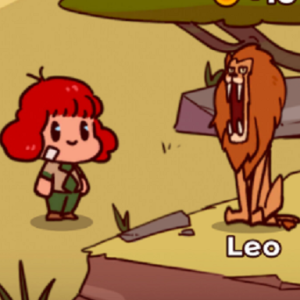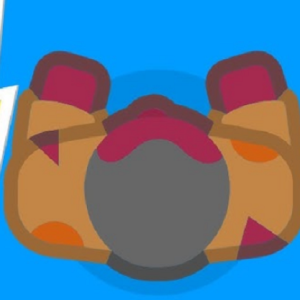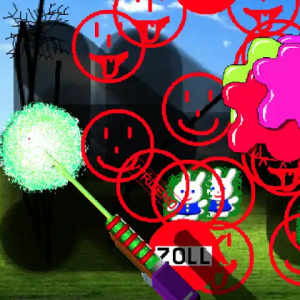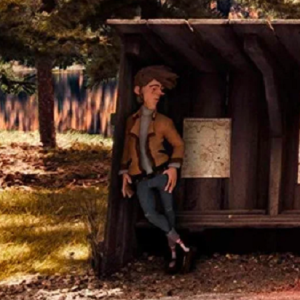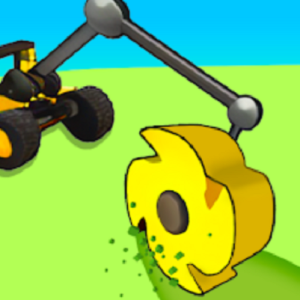Similiar games
Tabletop Game Shop Simulator is a management and strategy game focused on running a retail store for board games, cards, and miniatures. The player starts with a modest storefront and limited funds, learning how to balance product selection, pricing, and customer interaction. Every decision affects income, reputation, and the overall success of the shop. The experience combines business planning with elements of creativity and community building as the store becomes a gathering place for players.
Gameplay And Core Features
The game revolves around daily shop management. Players handle supply chains, organize shelves, and respond to customer needs. Demand fluctuates depending on trends and seasons, requiring the player to monitor sales data and adapt strategies. Presentation matters as much as stock; an organized and visually appealing store encourages longer visits and better sales. In addition, players can interact with customers, giving recommendations or responding to feedback that influences reputation.
The main gameplay mechanics include:
- purchasing inventory from different suppliers
- adjusting prices to maximize sales and profit
- arranging shelves and displays to attract attention
- hiring and training employees for daily operations
- organizing in-store activities to increase engagement
Each system contributes to maintaining balance between business efficiency and customer experience.
Progression And Customization
As profits grow, new opportunities appear. Players can expand floor space, introduce additional product lines, and unlock store upgrades. Customization allows creative control over layout and design, giving each shop a distinct look. Decisions on how to allocate resources — whether toward stock, decoration, or marketing — influence both short-term earnings and long-term sustainability. The game rewards careful investment planning and attention to customer patterns rather than random expansion.
Events And Player Interaction
Events play a major role in the game’s development cycle. Players can organize tournaments, themed nights, or demo sessions for new releases. These gatherings boost visibility and encourage repeat visits. Managing events requires preparation, from setting tables to arranging prize support, but successful execution strengthens community loyalty. The social aspect turns the store into more than a sales point — it becomes a hub for local players, adding another layer of strategic management beyond finances.
Tabletop Game Shop Simulator blends management, logistics, and community-building into a single gameplay system. It challenges players to think like store owners, balancing business goals with social engagement. By combining product management, customer interaction, and creative design, the game offers a steady loop of planning and execution. Each decision impacts the store’s growth and reputation, turning simple operations into a long-term journey toward building the ultimate tabletop destination.


